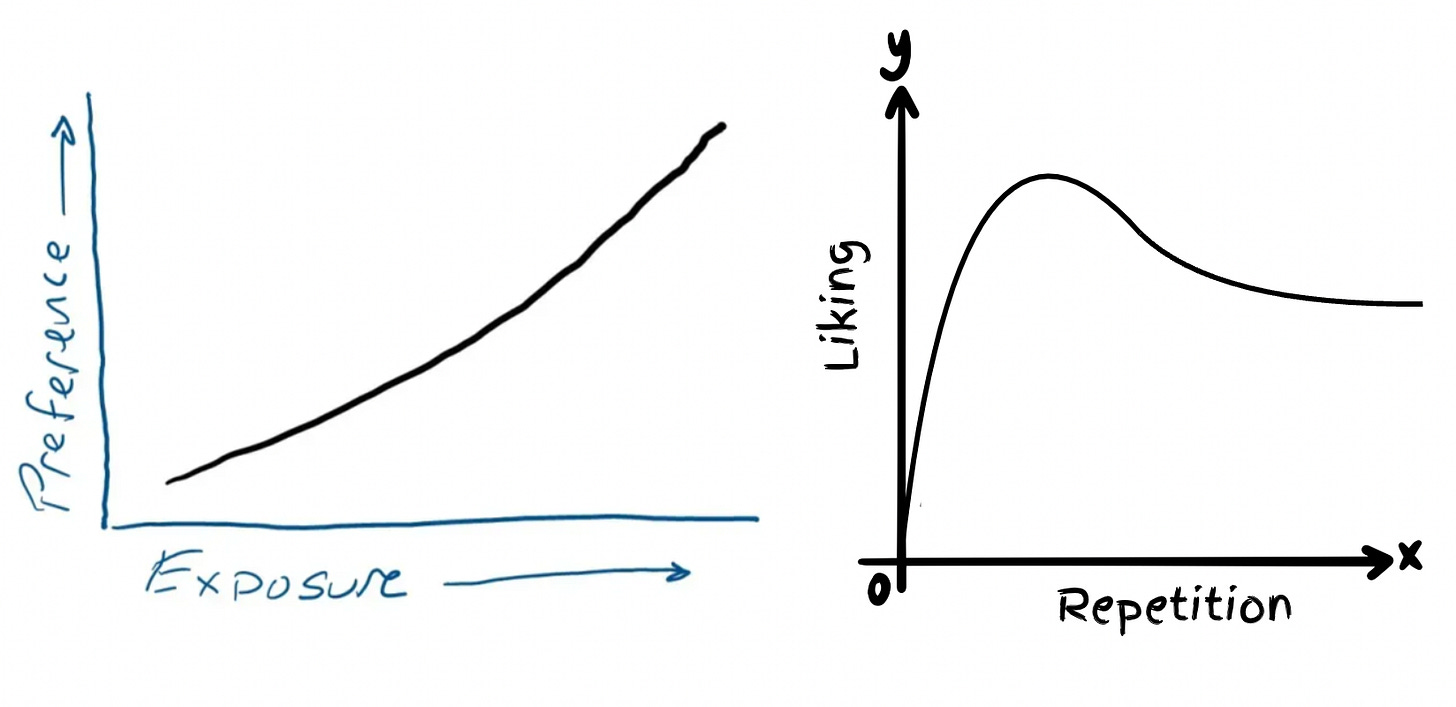Warm intros to investors - startup fundraising
Why are / not win-win for both startups and VCs ?
I’m coming up with a tool for founders to self-check fundability by investors before asking for intros (stay tuned …)
TL;DR
Warms intros only slightly help founders, but cold reach-outs have high penalty (for how read below)
Best VCs are independent thinkers / have an authentic PoV (who can potentially pick winners)
Warm Intros - Double-Edged for the ecosystem ?
The venture capital landscape operates on a fundamental currency: trust in relationships. Warm introductions function as both gateway and gatekeeper in the startup ecosystem.
Important for founders to understand :
Where do VCs get their deals from ?
I like to put these in broadly in these three buckets :
Inbound
Cold: Mostly is a function of brand of the VC fund or VC partners
By Investment bankers
Outbound
Basis thesis
Basis founder quality
Referrals
From industry experts in network
From founders / angel investors
From fellow VCs
Professional networks account for ~30% of all VC deals, while manual outbound (30%) and referrals from other investors (20%) follow closely behind. Together, these relationship-driven channels account for 80% of all VC deals.
All these largely depend on the brand of the VC fund and their actual network.
E.g. Large global VCs (say Sequoia) the volume of inbound would be very high.
And hence statistically the quality of inbounds is lowest and hence given the least important as well.
I. The Strategic Importance of Warm Introductions
This isn't coincidental. The venture capital ecosystem functions as a trust network where social capital creates significant leverage. A warm introduction serves as an implicit endorsement, providing venture capitalists with:
Pre-vetted opportunities: Founders who come through trusted channels have effectively passed an initial screening
Contextual intelligence: Referrers typically include valuable background information not found in pitch decks
Relationship acceleration: Trust transfers facilitate faster rapport-building between investors and founders
II. Optimizing Warm Introductions for Fundraising Success
Data from report: VC pipeline report
"warm introduction premium" - a 2.1x benefit for startups entering through pre-existing relationships. Consider the progression:
Initial pitchdecks: ~ 40% come through warm channels
Investment committee consideration: 80% of these warm introductions advance
Funding secured: ~ 80% of funded companies originated as warm introductions
For founders, this creates a clear strategic imperative: cultivating meaningful relationships before you need capital increases your fundraising odds dramatically. The data suggests your fundraising success correlates more strongly with your network access than with your business fundamentals.
III. The Detrimental Nature of VC Introductions
However, this relationship-centric system creates several problematic dynamics:
Borrowed Conviction
When investors rely heavily on referrals, they outsource part of their judgment to the referrer. This "borrowed conviction" leads to:
Reduced independent analysis: Excessive reliance on the referrer's judgment
Pattern matching over innovation: Reinforcing existing investment patterns
Confirmation bias: Seeking evidence that validates the referrer's perspective
The Echo Chamber Analogy
The reliance on warm introductions creates a self-reinforcing ecosystem where:
Similar founders background gain repeated access
Similar business models receive disproportionate attention
Similar perspectives dominate investment committees
The 6.0x penalty for "cold" founders quantifies this exclusionary effect. When 92% of funded pitches come through warm or outbound channels, we must question what innovations we're missing from founders outside these networks.
Often these leads to VCs only relying on inputs from others - creates dependencies which aren’t helpful as VC is a game of finding exceptions.
Ignoring the cold reach-outs isn’t worth if one of them turns out to be a successful startup - the opportunity cost is too high.
IV. The Efficacy of Introductions
The data reveals a paradox: while warm introductions significantly increase fundraising success, data-driven outbound efforts account for a mere 10% of deals. This suggests VCs favour familiar patterns over systematic opportunity identification.
This preference creates several inefficiencies:
Opportunity cost: Missing potentially strong investments from founders without network access
Reduced diversity: Limiting capital access to founders from similar backgrounds
Market inefficiency: Allocating capital based on social connections rather than optimal risk-reward profiles
Consider the stark 8% funding rate for cold introductions versus 82% for warm ones. This disparity exists despite numerous examples of highly successful companies that initially struggled to get warm introductions.
All this leads to VCs lacking decision making skills ?
V. Why VC Decision-Making is so hard & Mere Exposure
Venture investing faces a fundamental challenge: outcomes and decision quality have surprisingly low correlation in the short term. Borrowed inspiration.
A young investor might:
Make perfect decisions on a doomed company
Follow minimal process yet land a unicorn through luck
Build a seemingly mediocre portfolio that later produces a fund returner
The venture landscape is unpredictable where skill and outcomes become disconnected. This occurs because:
Signal extraction is difficult: Early-stage companies have limited data points
Time horizons are extended: Investment quality may not reveal itself for 5-10 years
Power laws dominate: A single successful investment can define a career
Cognitive biases abound: Success attribution tends toward skill while failure attribution goes to luck
Mere Exposure
The Mere Exposure Effect is a psychological phenomenon where people tend to develop a preference for things simply because they are familiar to them. In other words, the more you're exposed to something (a person, song, brand, or even an idea / startup), the more you tend to like it — even if you didn’t have strong feelings about it initially.
Hence expertise through exposure is important in VC world
Conclusion
For founders, the reality remains clear: warm introductions help.
For investors, rigorous decision-making frameworks win
In this complex web between networks, trust, and innovation: relationships function as both opportunity creators and potential blinders to what might be possible.









Great insights, Saharsh,
Building a few functioning blocks at my VC as well, curious to see what you make!